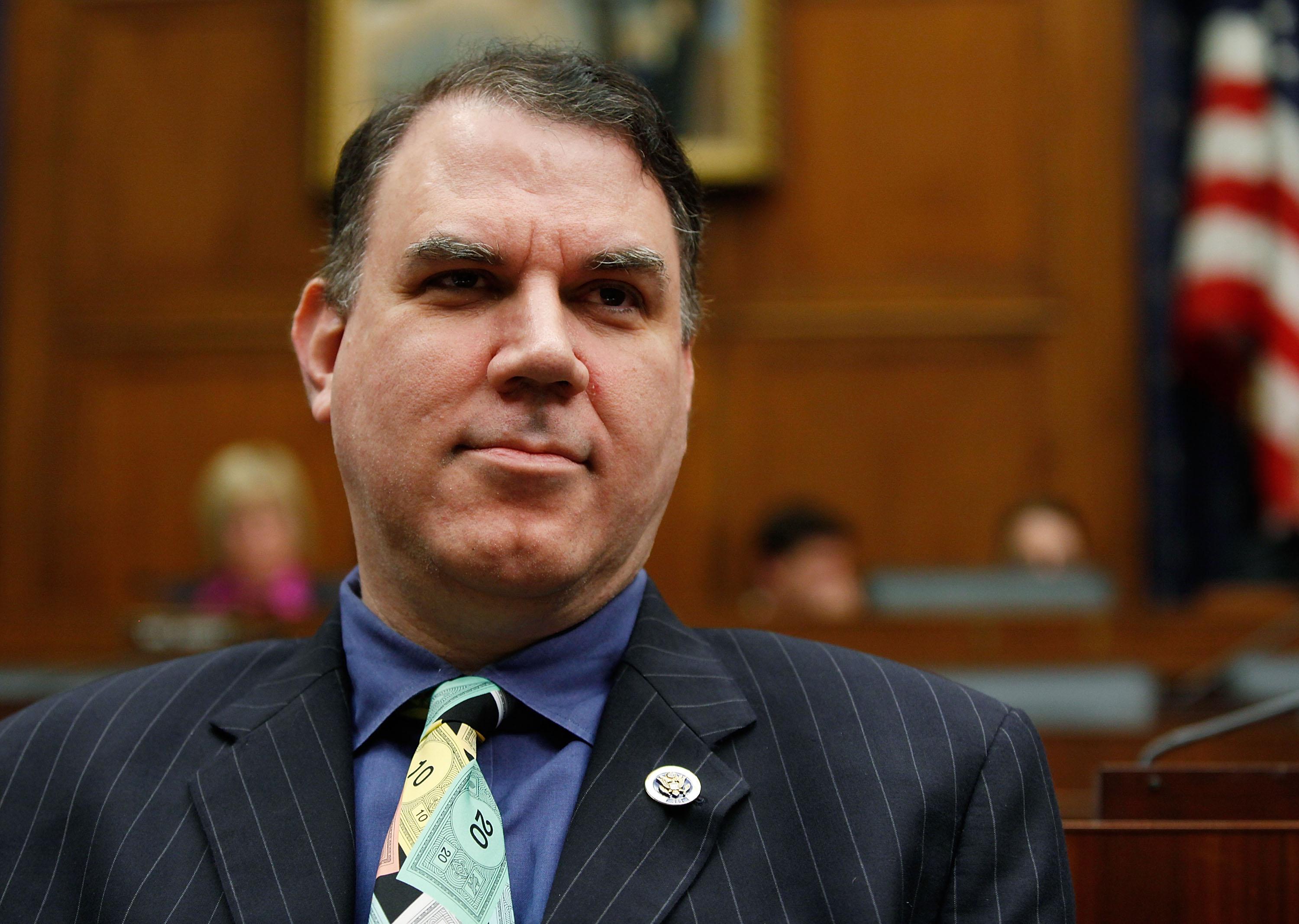Six months ago I wrote up a bona fide #slatepitch about Florida Rep. Alan Grayson. In his first tour of Congress, after the 2008 Obama wave, Grayson became cable-news-famous for his bombast but didn’t strike Republicans as a real legislator. After 2012, when he won a new, strongly Democratic seat, Grayson surprised Republicans by becoming a dealmaker who pushed amendment after amendment through his committees. Grayson, I wrote with just a teaspoon of hyperbole, had become the most effective member of Congress.
My contrarianism has now been challenged by Lachlan Markay at the Washington Free Beacon and by Tom Tillison at some other website.* “Some pundits have called him ’the most effective member of the House,’ ” writes Markay, “but Rep. Alan Grayson (D., Fla.) has yet to see a single one of his bills pass out of committee since he was elected in November 2012.” Tillison pronounced a “problem with this narrative,” i.e. the “effective” story. Both of them credit the Brookings Institution’s new “Congressional Moneyball” project, which gives out “batting averages” based on how often members sponsor bills and get them out of committee.
Neither Markey or Tillison appears to have read the story. It was about amendments, not bills. Grayson’s in the minority, he works outside of the leadership—he’s going to be less effective at passing bills. Really, the hook behind these articles is that the Brookings “Moneyball” project is completely idiotic, a strange bit of make-work that offers almost zero insight about politics. It judges every bill by the same standard, of whether it exists or not. That allows someone like Grayson to score zero (most Democrats have the same score), while giving a heroic 0.5 to Texas Rep. Kenneth Conaway. He’s gotten one piece of legislation, a resolution, passed by Congress. Want to see it?
At 10:30 a.m. on Monday, January 21, 2013, the House shall proceed to the West Front of the Capitol for the purpose of attending the inaugural ceremonies of the President and Vice President of the United States; and that upon the conclusion of the ceremonies the House stands adjourned until 10 a.m. on Tuesday, January 22, 2013 for morning-hour debate and noon for legislative business.
The Brookings metric judges this as important. It judges an amendment that bars DHS funds “from being used in contravention of the First, Second, or Fourth Amendments” as unimportant.
*Correction, Jan. 15, 2014: This post originally misspelled Lachlan Markay’s last name and misidentified Texas Rep. Kenneth Conaway as Kevin Conaway.
